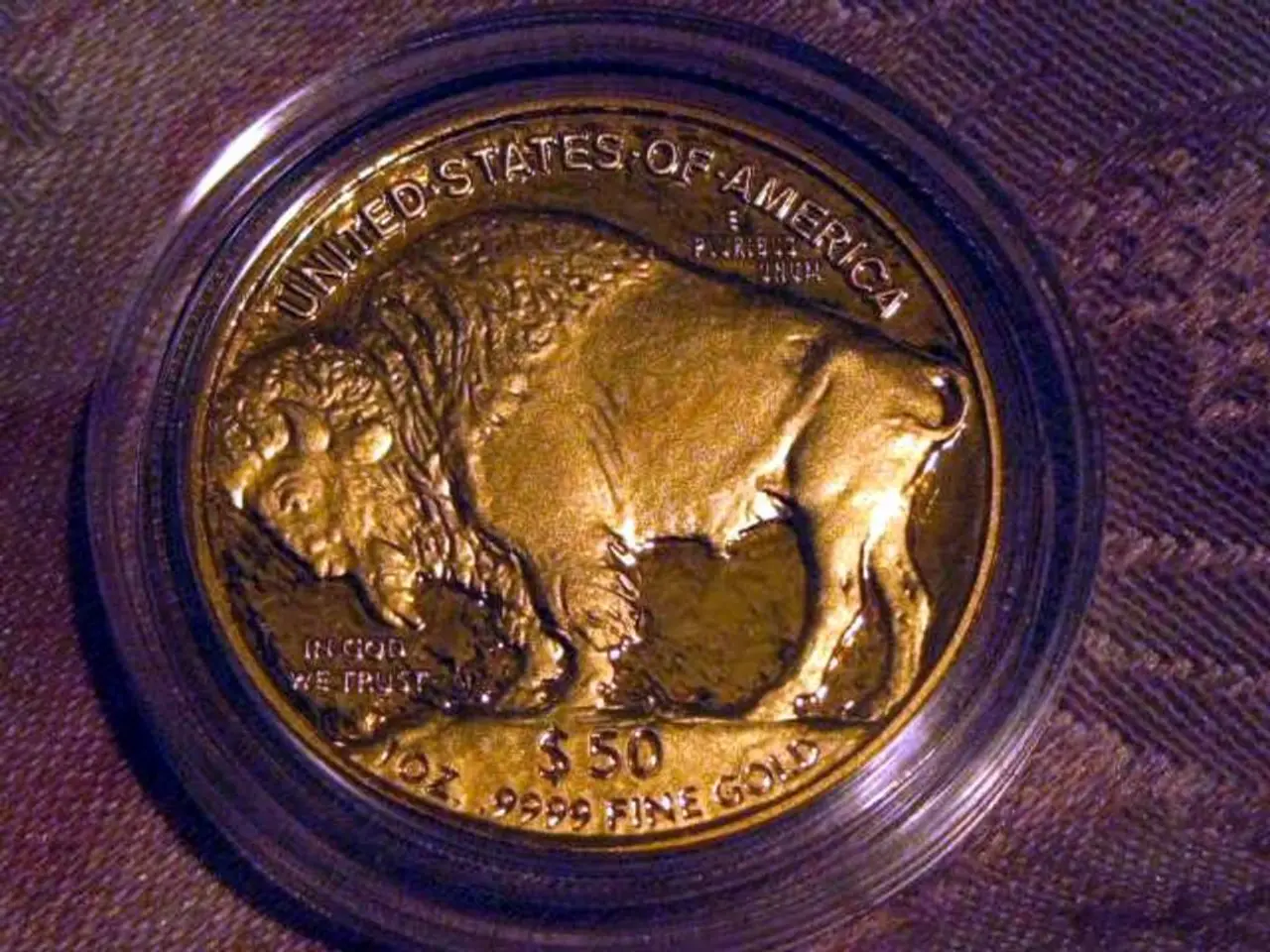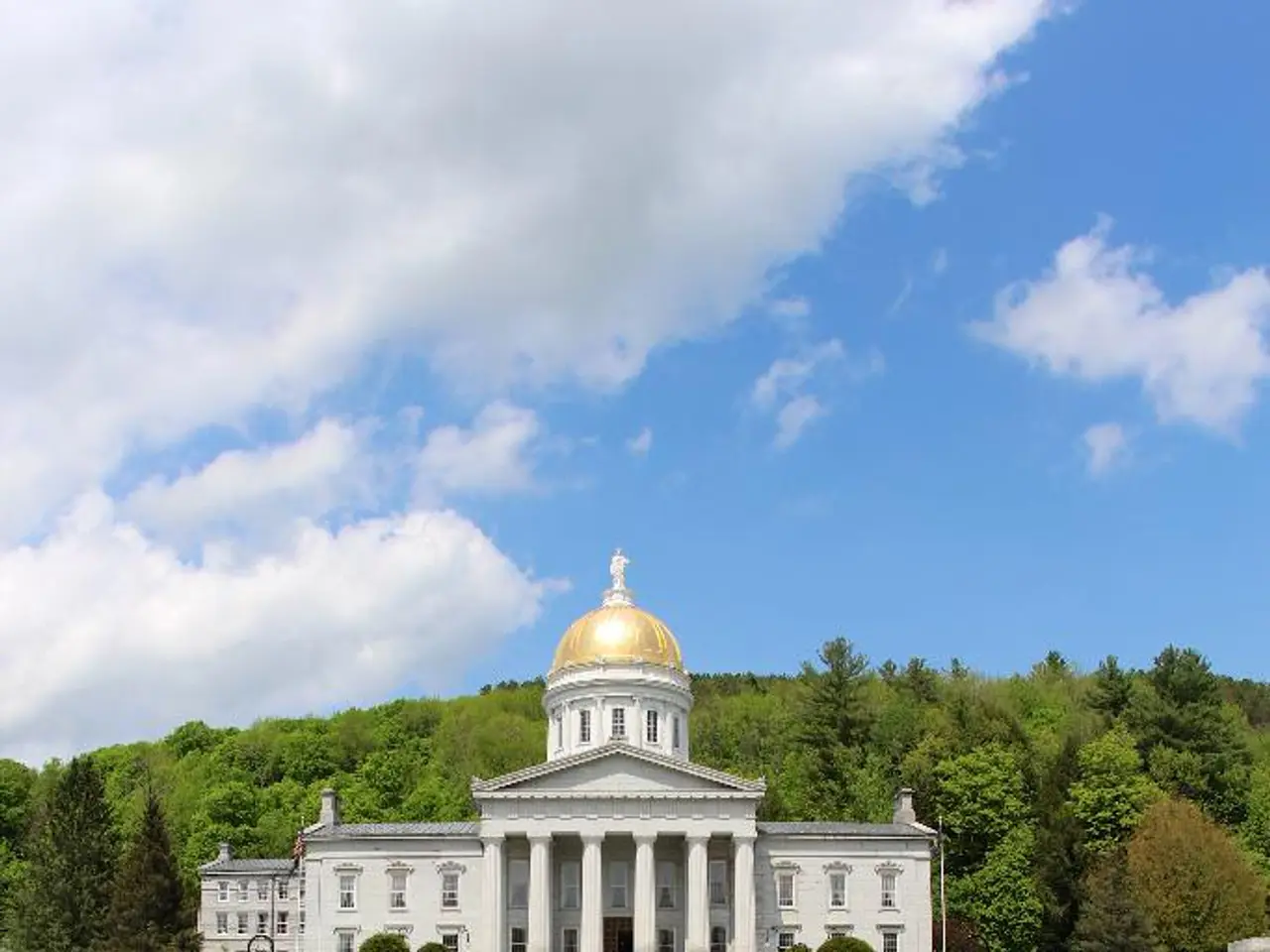Trump Urges Decrease in Federal Interest Rates, Issues Threat to Intervene at Federal Reserve Board
The Federal Reserve Board, known for its tradition of independence, finds itself in the spotlight as U.S. President Donald Trump demands lower interest rates. This demand carries significant potential consequences, particularly in terms of economic impact and the institutional integrity of the Federal Reserve (Fed).
Economic Consequences
- Market Volatility: Public pressure from the president on the Fed can create uncertainty in financial markets. Investors may interpret such demands as signals of economic weakness or political interference, causing volatility in stock, bond, and currency markets.
- Monetary Policy Effectiveness: If the Fed lowers rates primarily due to political pressure rather than economic fundamentals, it may undermine the effectiveness of monetary policy. Policies not aligned with economic indicators risk fueling asset bubbles or inflation.
- Inflation Risks: Artificially low interest rates can overheat the economy, potentially leading to higher inflation over time, which reduces purchasing power and can destabilize economic growth.
- Distortion of Credit Markets: Prolonged low interest rates may encourage excessive borrowing and risk-taking by businesses and consumers, potentially inflating debt levels unsustainably.
Impact on Independence and Stability of the Federal Reserve
- Erosion of Institutional Independence: Presidential demands can undermine the Fed's political independence, risking politicization of monetary policy.
- Reduced Credibility: If markets and the public perceive the Fed as yielding to political pressure, its credibility as an unbiased policymaker may suffer.
- Institutional Tensions: Such demands can strain the relationship between the Fed and the executive branch, potentially leading to conflicts that distract from coherent economic policy-making.
- Long-term Stability Risks: Compromising the Fed’s independence may erode institutional norms that have historically contributed to U.S. economic stability, possibly leading to greater economic uncertainty in future crises.
As 2024 approaches, the fight over interest rates is expected to become louder, messier, and far more political. Trump's frustration with the Federal Reserve is not new; during his presidency, he clashed with Jerome Powell, the current Federal Reserve Chair, over interest rates. President Biden's team has not commented on the situation.
Over the past two years, the Fed has raised rates to fight inflation. Donald Trump has demanded immediate cuts to interest rates on Truth Social. Trump believes the central bank raised rates too fast during his presidency, which slowed down economic growth.
The moment highlights a deeper issue: America's central bank may be caught between doing what's best for the economy and responding to political attacks. Trump has suggested that if Powell does not act, the rest of the Federal Reserve board should take control.
When interest rates are increased, loans become more expensive, causing people to spend less. Politicizing the Fed could do more harm than good, according to many experts. The Federal Reserve Board can step in if needed, but doing so could shake up the financial system and make people lose trust in the Fed.
Trump is once again asking for lower interest rates, stating that high rates are hitting everyday people hard, making it tough to buy a home, get a loan, or keep a small business running. Interest rates decide how much is paid when borrowing money.
Economist Diane Swonk said the Fed needs to stay independent to manage inflation and jobs fairly. Markets haven't reacted strongly yet to Trump's demand for rate cuts, but continued pressure might cause investors to bet on rate cuts, making the market more unstable.
When interest rates are low, borrowing becomes cheaper, encouraging people to spend more and potentially help the economy grow. The post has sparked strong reactions from economists, investors, and political observers.
1. Politicization of Policy-and-LegislationPresidential demands for the lowering of interest rates by the Federal Reserve may lead to politicization of policy-and-legislation, as economic policies become subject to political influence rather than economic fundamentals.
2. General-News: Media DebateThe ongoing spat between Donald Trump and the Federal Reserve over interest rates has fueled a heated debate in general news, with economists, investors, and political observers offering their views on the potential consequences for market stability and economic growth.








